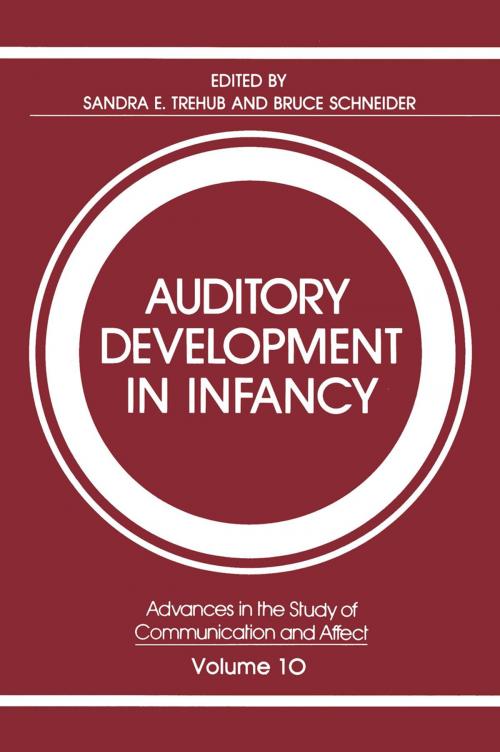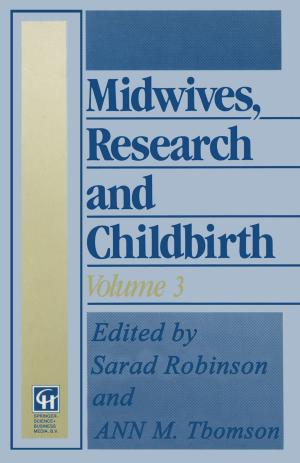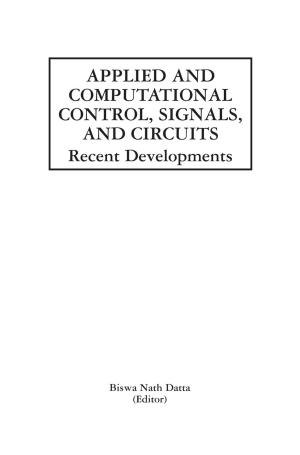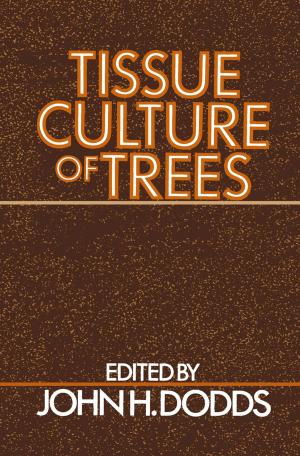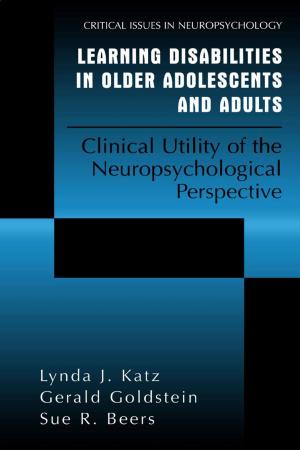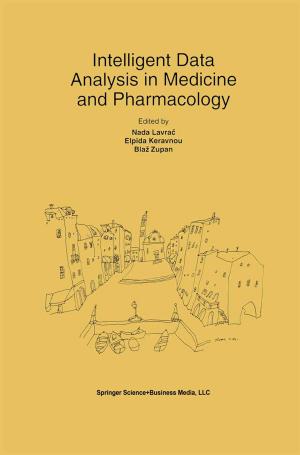| Author: | Sandra E. Trehub, Bruce Schneider | ISBN: | 9781475793406 |
| Publisher: | Springer US | Publication: | November 21, 2013 |
| Imprint: | Springer | Language: | English |
| Author: | Sandra E. Trehub, Bruce Schneider |
| ISBN: | 9781475793406 |
| Publisher: | Springer US |
| Publication: | November 21, 2013 |
| Imprint: | Springer |
| Language: | English |
The small but growing body of information about auditory processes in infancy is a tribute to the ingenuity and persistence of investigators in this realm. Undeter red by the frequent expressions of boredom, rage, and indifference in their subjects, these investigators nevertheless continue to seek answers to the intrigu ing but difficult questions about the course of auditory development. In the spring of 1981, a group of leading scholars and researchers in audi tion gathered to discuss the topic, Auditory Development in Infancy, at the 11th annual psychology symposium at Erindale College, University of Toronto. They came from both sides of the Atlantic and from various disciplines, including audiology, neurology, physics, and psychology. They shared their views on theory and data, as well as their perspectives from the laboratory and clinic. One unexpected bonus was an unusually distinguished audience of researchers and clinicians who contributed to lively discussion within and beyond the formal sessions.
The small but growing body of information about auditory processes in infancy is a tribute to the ingenuity and persistence of investigators in this realm. Undeter red by the frequent expressions of boredom, rage, and indifference in their subjects, these investigators nevertheless continue to seek answers to the intrigu ing but difficult questions about the course of auditory development. In the spring of 1981, a group of leading scholars and researchers in audi tion gathered to discuss the topic, Auditory Development in Infancy, at the 11th annual psychology symposium at Erindale College, University of Toronto. They came from both sides of the Atlantic and from various disciplines, including audiology, neurology, physics, and psychology. They shared their views on theory and data, as well as their perspectives from the laboratory and clinic. One unexpected bonus was an unusually distinguished audience of researchers and clinicians who contributed to lively discussion within and beyond the formal sessions.
